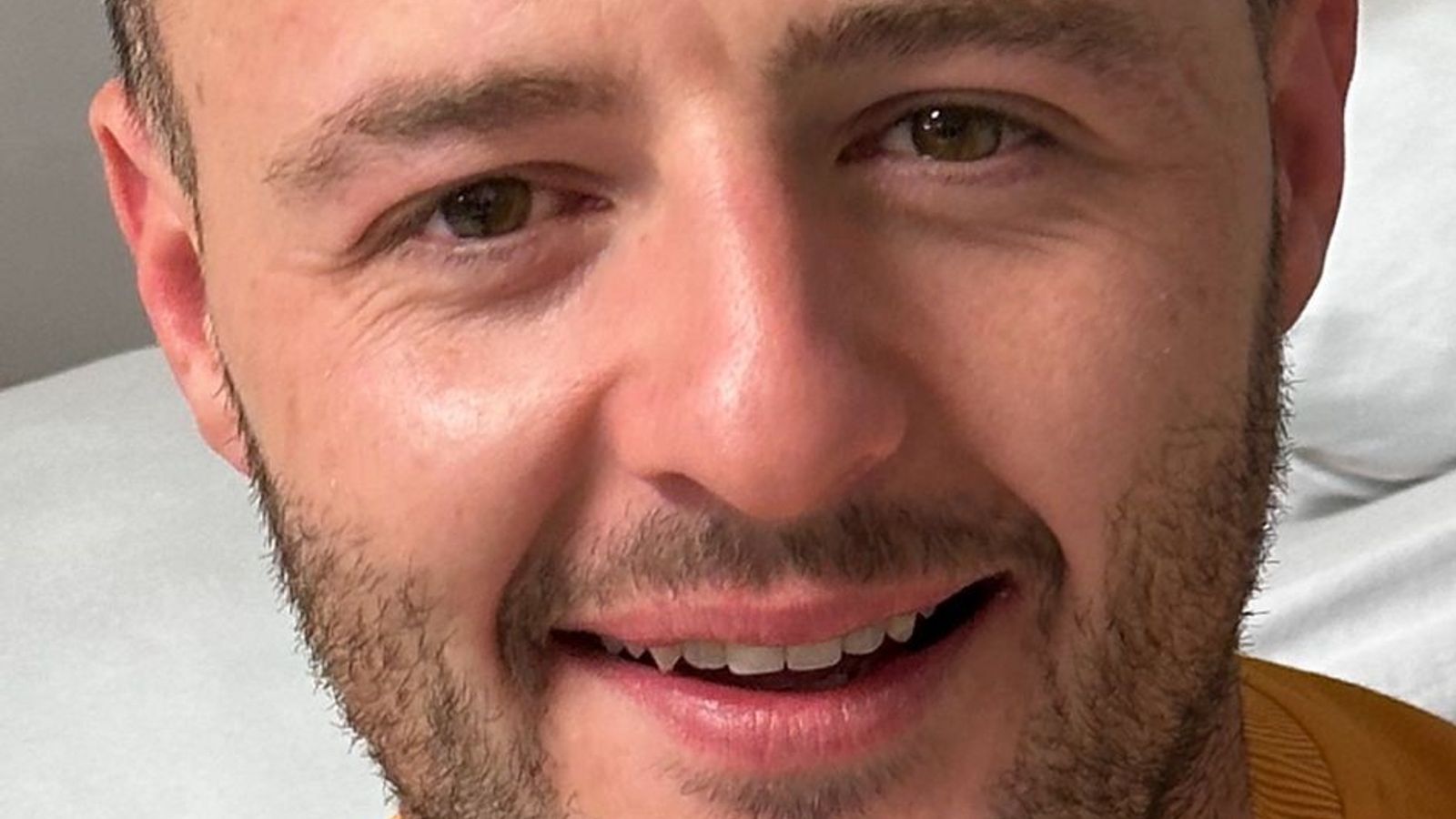Detectives are searching for an Audi that is believed to have been involved in the killing of a man in Inverclyde.
Michael Beaton, 35, was run over by a car and then attacked with a knife on a street near a Greenock primary school at around 7.20pm on Sunday.
Mr Beaton was taken to Glasgow‘s Queen Elizabeth University Hospital after being found seriously injured in Drumfrochar Road but died a few hours later.
Officers said Mr Beaton was struck by a white Audi Q2, which is believed to be accident-damaged.
They are treating it as a targeted attack and are carrying out a murder investigation.
Police Scotland is appealing for information to help trace the car.
Detective Chief Inspector Lynsey Watters said: “Extensive enquiries are being carried out to establish the exact circumstances of Mr Beaton’s death and I am appealing to anyone who saw the car around the time of the incident, or has any information that could help us in tracing it to get in touch.
Last chance to see pandas at Edinburgh Zoo before they head home to China
£20,000 reward in hunt to track down attacker who stabbed police officer in North Ayrshire
Woman accused of 1996 murder of 14-year-old Caroline Glachan was ‘angry’ that teen was ‘seeing her partner’
“This was an extremely violent attack that has shocked the local community.
“I would like to reassure those living in the area that everything possible is being done to trace those responsible and that there will be an increased police presence in the area while enquiries continue.”
Be the first to get Breaking News
Install the Sky News app for free
The incident led to the closure of nearby St Patrick’s Primary School on Monday and Tuesday as police cordoned off Drumfrochar Road for investigation. The affected pupils were sent to other schools so as not to miss any learning.
DCI Watters added: “I would urge anyone with information, no matter how small or insignificant it may seem, to contact us.
“I’d also ask people to check their dashcam and ring doorbell footage in case they have captured something on it which could be vital to our inquiry.”








